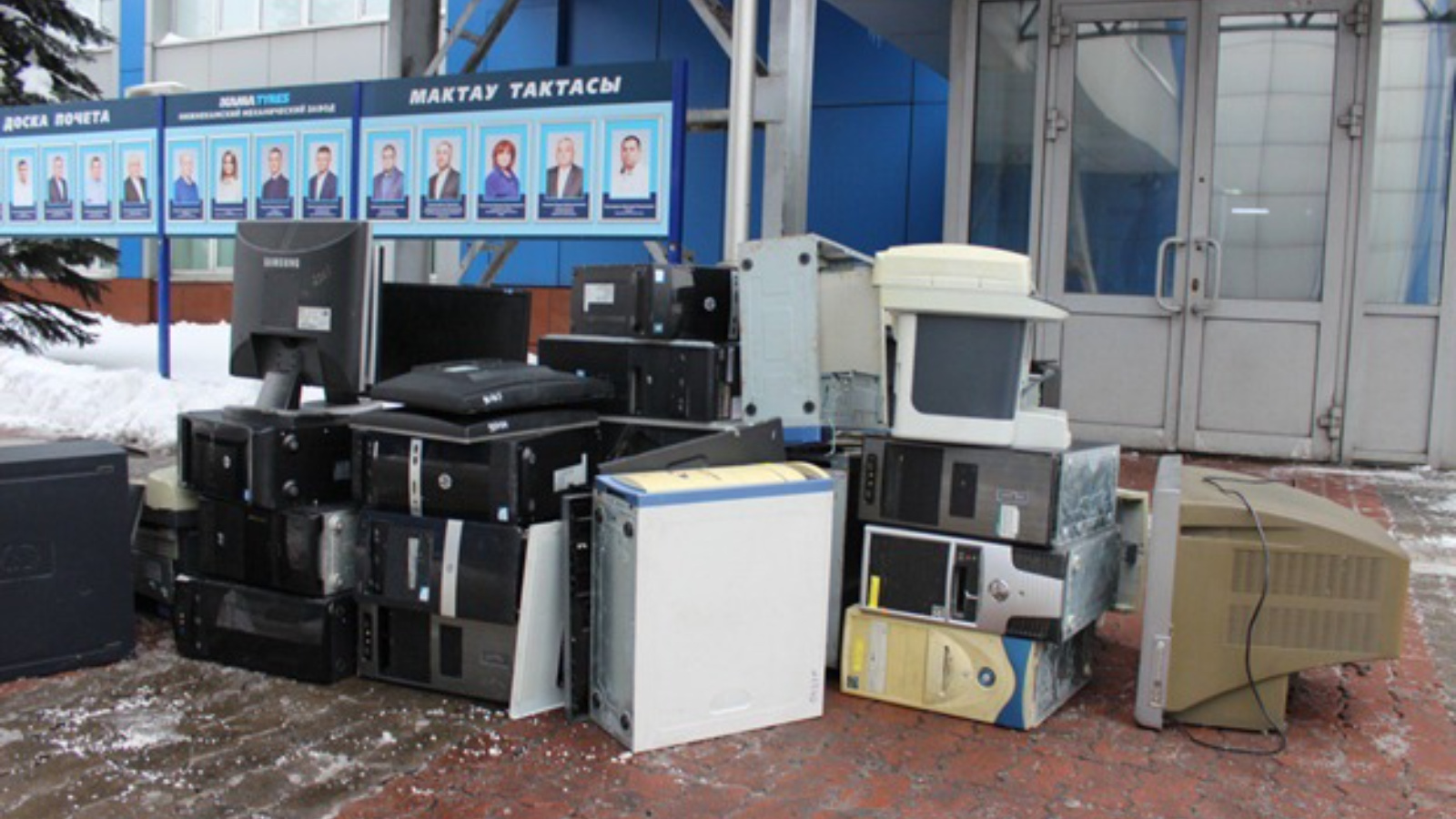Tatarstan residents handed over more than 140 tons of scrap metal as part of the "School of Recycling: Electronics" program

In support of the Ecology national project, Tatarstan has already recycled 144 tons of non-working electrical equipment under the federal Recycling School: Electronics program. In total, since the start of the program, the Republic has sent over 320 tons of scrap metal for processing.
The School of Recycling: Electronics has been implemented in the republic since 2022 under an agreement with the Fund for Rational Use of Natural Resources. During this time, over two thousand budget-funded and commercial enterprises from various fields of activity have joined the program, which not only contribute to nature conservation, but also demonstrate commitment to the principles of sustainable development. In addition, organizations are also saving budget funds that were previously allocated for the disposal of this type of waste," said Alexander Shadrikov, Minister of Ecology and Natural Resources.
According to Vladimir Alentsin, Chairman of the Board of the Fund for Rational Use of Natural Resources, of the 17 regions where the program operates, it was in Tatarstan that it started especially actively, and its development is proceeding rapidly. Schoolchildren, students, teachers, and employees of organizations participate in educational campaigns and events. This suggests that the environmental agenda has become a new trend, which is being followed by Russian companies.
More and more companies and enterprises are joining the electronics recycling program. These days, the Tatshina Group of companies has recycled 8 tons of waste from non-functioning machinery. Thanks to the activity of employees and customers, the environmentally responsible enterprise has taken a leading position in terms of the volume of waste collected among commercial enterprises of the Republic of Tatarstan.
"Socially responsible companies such as Tatshina, which actively participate in the environmental campaigns of the program, see recycling as an opportunity to help the environment, as well as meet the growing demand of employees and customers for environmental friendliness. Positive changes of this kind will have long-term beneficial consequences for the environment and the economy and will allow enterprises to reduce environmental risks, increase competitiveness and create new opportunities for growth," added Vladimir Alentsin.
Schools, hospitals, social organizations, budget institutions, as well as commercial organizations on preferential terms can join the project for free. Anyone interested in the free and environmentally friendly disposal of electronic and household appliances should simply register on the program's website. eko-fond.ru.
As part of the program, household and electronic devices such as telephones, printers, monitors and computers that have already served their time will be recycled and given a second life in secondary circulation at the plant of the Fund for Rational Use of Natural Resources in Mordovia. The company has specialized lines for processing household appliances, as well as the necessary equipment: crushers, presses and unloading and loading equipment. The recycling process includes several stages, which makes it possible to achieve a high recycling depth. At the stage of manual disassembly, the elements, parts and assemblies are separated. Further, the parts that were not extracted at the previous stage are distributed to steel, non-ferrous metals, mixed plastics, urethane, etc. They are then mechanically crushed and sorted by type. Waste that cannot be recycled is used to produce pyrolysis fuels.